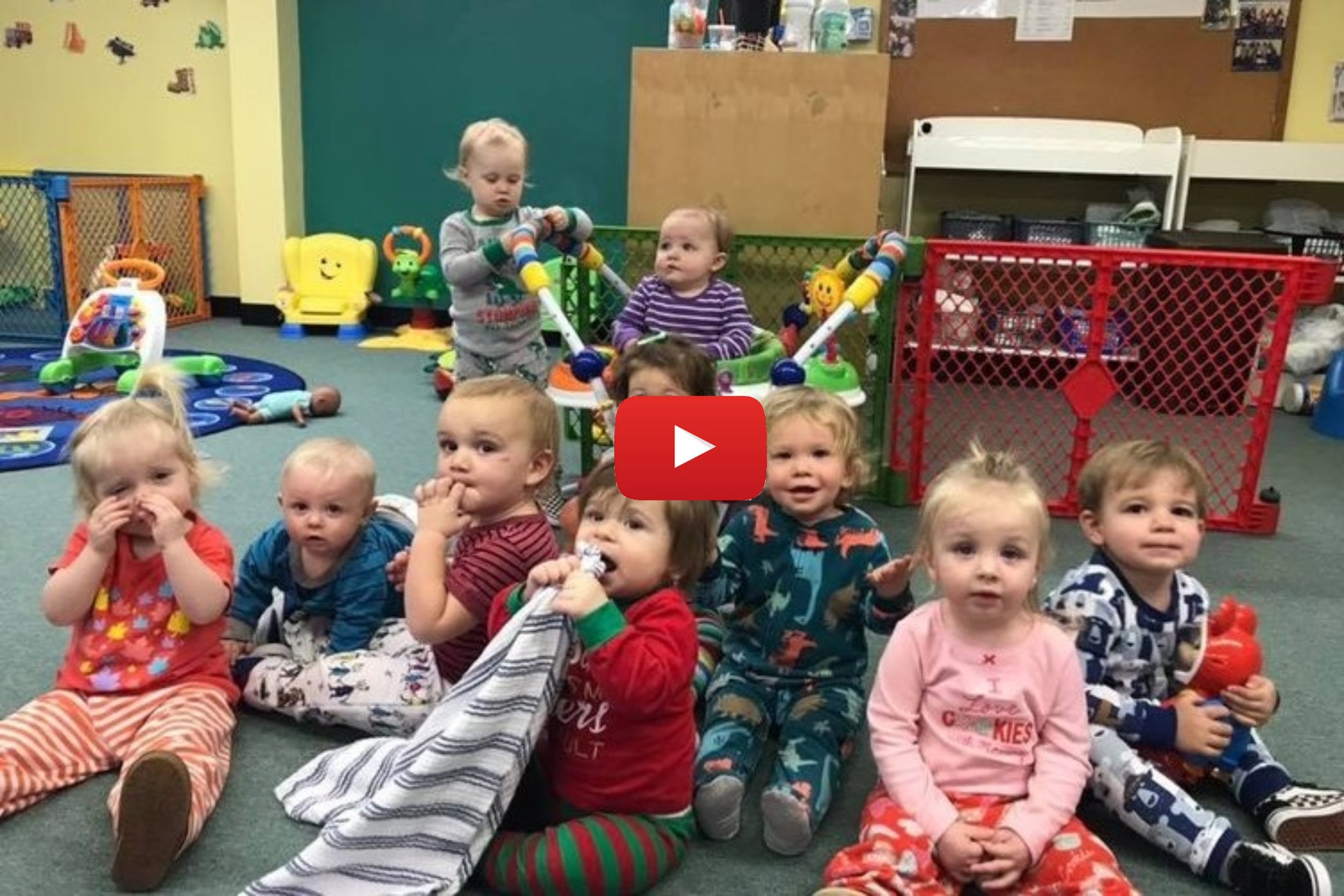

The Center on Child and Family Policy is dedicated to improving early childhood policy by strengthening research and debate, advancing science-driven policymaking, and increasing focus on the crucial role of families in children’s early development.
RECENT
Georgia Mjartan explains how First 5 South Carolina’s innovative new technology streamlines access to early childhood services, cutting red tape and empowering parents to better support their children.
Following her testimony at the Senate Finance Committee’s hearing on “Examining the State of Child Care,” Katharine Stevens answered Senators’ questions on four key childcare policy topics.
Katharine Stevens joins the Economics of Flourishing series at the Archbridge Institute to discuss the role of education, parental stability, and skills development in fostering human flourishing.
FEATURED WORK
Dr. Dana Suskind explains the power of nurturing language environments in children's development, and the vital role parents play as architects of their children’s brains.
Is Build Back Better really dead? Katharine B. Stevens analyzes the childcare and universal preschool provisions of BBB, revealing a detailed legislative blueprint of an increasingly influential vision for America’s young children: federally-controlled preschool programs for all children from birth onwards.
Our core policy goal must be to reinforce the fundamental bonds of family: elevating — rather than displacing — the vital role of parents in raising their own children, especially during the first, foundational years of development.
Dr. Katharine B. Stevens explains why she founded the Center on Child and Family Policy, the nation’s first think-tank dedicated to early childhood research and policy.
A growing chorus of advocates are vigorously pushing for a large expansion of U.S. child care as a “win-win-win” that supports women’s careers and boosts the economy while promoting children’s healthy development. However, a growing body of research on childcare’s impact on children suggests that greater caution is warranted.
James Heckman joins Katharine Stevens for an in-depth discussion of his interdisciplinary research on human capital development and skill formation over the life cycle, the origins of inequality and social mobility, and the crucial role of families in children’s development.
Katharine Stevens and Matt Weidinger propose allowing parents to advance future child tax credits into the earliest years of their child’s life, strengthening families' ability to choose how and by whom their children are cared for during the formative first years of development.
Three Swedish childcare experts describe the unintended consequences of Sweden's implementation of universal childcare and discuss lessons the US can draw from Sweden’s experience.
Rather than seeking to outsource young children’s care to paid professionals, policy should aim to better enable parents to spend more time caring for their young children themselves, especially in the critical first five years of life.
Dr. Beatrice Beebe presents her pioneering research on mother-infant interactions, followed by a discussion with Katharine Stevens.
Widely cited early childhood programs vary greatly in both design and results. The research on these programs shows neither that “pre-K works” not that it doesn’t; rather, it shows that some early childhood programs yield particular outcomes, sometimes, for some children.
Today’s federal early care and education policies are fragmented, inefficient, and unnecessarily complex. Federal policymaking is driven by coping with what exists rather than by what we are trying to accomplish: giving America’s least-advantaged children a fair chance at a happy, productive life.
Stay in Touch
Please sign up for our mailing list
to receive ongoing updates.

















